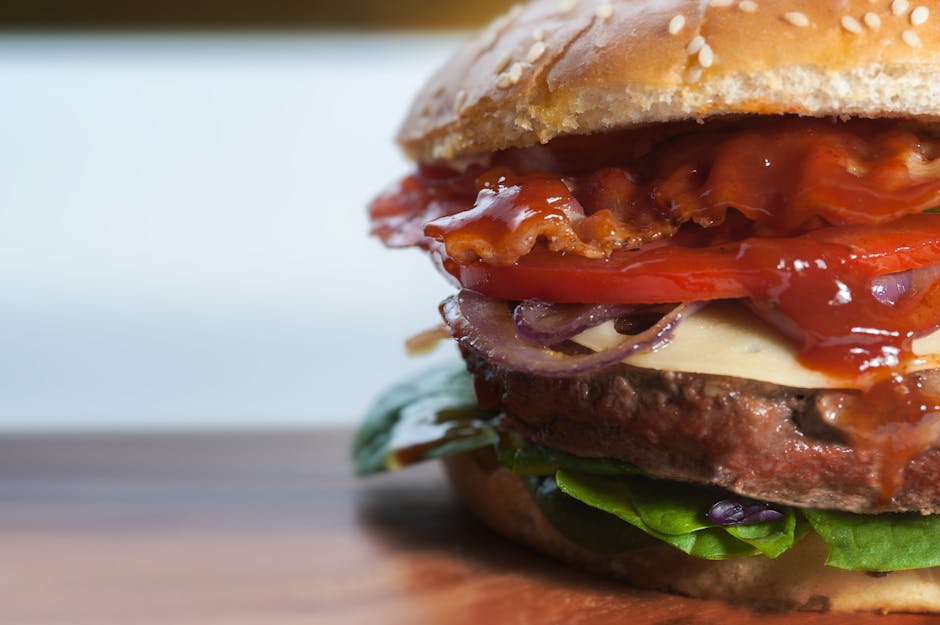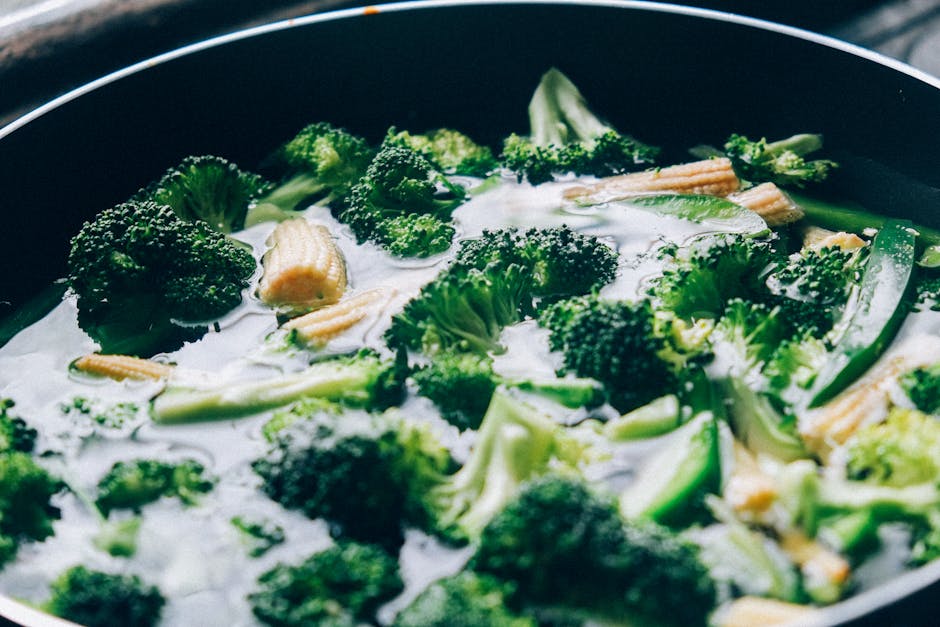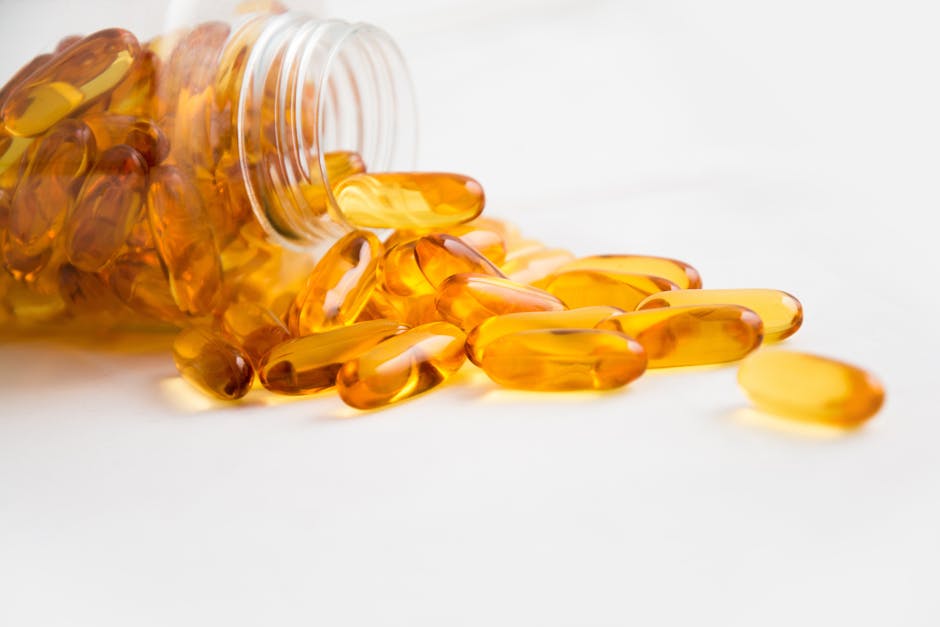Healthy and Happy- Facts about Healthy Food you didn’t know
A lot of people tend to stick to fads and trends when it comes to diet and a healthy lifestyle. If a celebrity does this miracle workout or eats this “magic bullet” meal, then it automatically becomes a trend that a lot of people follow. Most of the time, these diets do work for a select few individuals.
However, it’s a good thing to keep in mind that these celebrities have personal trainers and their work involves them in getting that hard, chiseled body for a role they are going to portray. A better solution for average people like you and me is that we do research and stick to the facts about the food we consume. Here are some facts that you need to know to ensure that you are living healthy and happy.
Omega-3 and the Good Cholesterol

Most of the time when people think of cholesterol, they immediately think of greasy burgers, bacon, and other unhealthy treats. Most of them consider cholesterol as bad for the body. However, there are classifications of cholesterol that the body recognizes as healthy.
HDL or High-Density Lipoproteins are the good cholesterol which helps lower the risk of a heart attack. LDL or Low-Density Lipoproteins are the bad cholesterol which increases the risk of heart attacks and obesity. Typically found in deep sea fish such as tuna, Omega-3 is a healthy oil which pairs up with HDL and makes the body more healthy.
Veggies can make you Healthy

Well, Captain Obvious is right. Eating vegetables does make a person healthy. Admit it, most of us don’t like veggies because of their taste and smell. In reality, behind the awful taste and smell of most vegetables, these plants are packed with vitamins, fiber, antioxidants, and nutrients.
Eating vegetables does make you healthy, but be sure to check your sources. Pesticide filled crops often defeat the benefits of healthy veggies. When preparing such food, it’s a good idea to wash them before cooking thoroughly. Another foolproof way to avoid such chemicals is by going organic.
Supplements can never replace Food

Although taking supplements is a good way to acquiring vitamins and nutrients, these small pills simply cannot replace the nutritional value of food. It’s a worrying trend that a lot of nutrition enthusiasts insist on Nutritionism. The basics of nutritionism argue that the same nutrients in food are also in supplements.
No amount of supplements can ever replace real, organic food. The taste, the smell, the nutritional values, everything that comes from good-natured food is too good to give up. And no amount of supplements can heal a lifestyle that depends on a bad diet.
Processed food is never good

Although a lot of processed food often gives us convenience, over-consumption of such food is harmful to us. In fact, during the “processing” of these foods, a lot of essential and healthy components are lost.
Healthy components such as fiber get removed and get replaced with unhealthy trans fat, sugar, and anything refined. Preservatives and other additives such as coloring also are dangerous for the health. When trying to eat healthily, try eating real, organic food.
Takeaway
To be healthy, people need to wise up and try living happily and healthily. By eating healthy and leading a lifestyle that’s free from anything unhealthy, people can begin to feel the rewards of how a person should be in the optimal state.
A lot of times people are misled by some facts and tend to settle on beliefs. However, with a little research and reading, people will find out that being healthy isn’t that difficult to achieve. Get all day health just by eating the right type of food.

